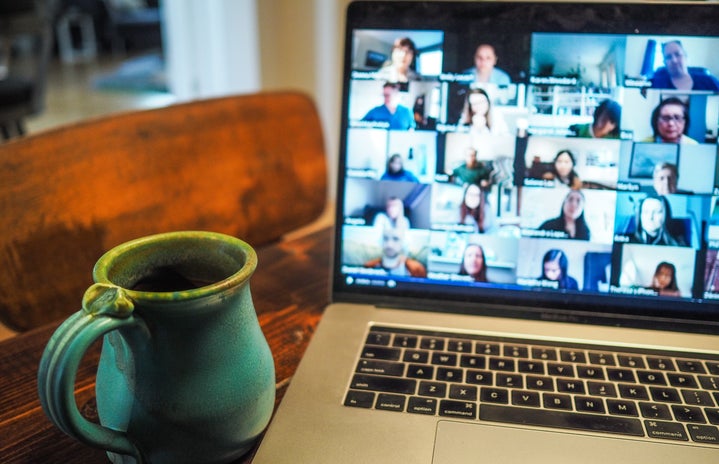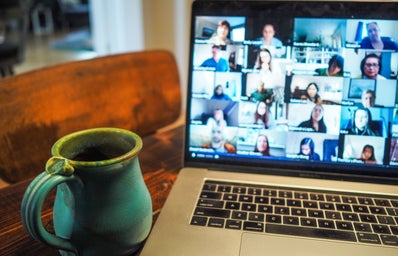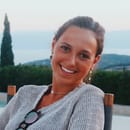Last Wednesday, February 10th, Circle of Women hosted a panel discussion on women’s education access around the world. Circle of Women is a student-run nonprofit organization focused on increasing inclusive and equitable access to quality secondary education for girls globally, particularly those residing in underserved communities. We accomplish this by (1) partnering with schools that have deemed a specific action item necessary to continue offering quality education to girls in their community, (2) fundraising for this project on college campuses, and (3) engaging in community outreach and awareness initiatives. As part of the latter, we decided to host a panel in order to educate interested members of the Brown community about why girls’ education is an important area of investment globally.
Planning the panel was an extremely long process; it began as an idea we had last summer as part of a brainstorming session regarding methods to increase the engagement and level of entertainment that is provided through our general body meetings. Because everything is over Zoom, we’d noticed that individuals who would otherwise be passionate about the cause were starting to lose interest in any additional zoom meeting requirements. While the panel was still a Zoom meeting, we figured that the “star power” of the panelists might attract more interest than our regular old Kahoot-style general body meetings otherwise did.
Next in the process was locking down panelists. Using a combination of conducting research and reaching out to friends and family in the field, we were able to find and contact about ten women whom we felt would achieve the evening we were envisioning. Of course, this list narrowed as we met with people and determined availability, areas of focus, and overall fit. This process lasted throughout the fall, and by early January, we had confirmed our four incredible panelists: Anne Wadsworth, Executive Director of Girls Education Collaborative, Ingrid Sánchez Tapia, Technical Lead for Gender Equality and Girls Education at UNICEF, Nermien Riad, Founder and Executive Director of Coptic Orphans, and Sherryl Broverman, Founder of WISER International and Duke University Professor of Global Health. We also asked Brown Professor and Kakenya’s Dream Board Member Pamela Reeves to moderate the event, as she had a background in gender policy strategy and quite a lot of experience speaking on and moderating panels. Professor Reeves’ moderating ended up being our best decision of the entire process; she led the panel discussion effortlessly, connecting the panelists’ interests and experiences easily and prompting overarching themes and goals from them.
The night of the panel, we realized just how much effort we’d put into the event when it began to pay off, breathing huge sighs of relief as we finished our rehearsed introductions and the panel flowed seamlessly along. It was truly an incredible conversation. While I won’t be able to adequately summarize such a complex issue or even a conversation about it, there were a few important takeaways that I thought I’d share. First, the panelists underscored the importance of understanding the local context of an area and building a relationship with the community when engaging in this sort of development work. Entering any community in the Global South as Western “elites” can be contentious and reek of savourism. Impactful change can happen when communities that lack the resources and money to drive the development of institutions, such as schools and health care facilities, are provided with these tools; as long as the process is community driven. Anne Wadsworth of Girls Education Collaborative (GEC) put it very succinctly: “we engage in allyships rather than partnerships.” With community-led social change as part of the organization’s main goal, GEC works to “equip girls with education and life skills to help them develop their own agency and realize their fullest potential.” Additionally, Professor Reeves prompted panelists to think about what they felt was the most pressing issue facing global girls’ education today; the answers ranged from funding to advocacy, to climate change, and even the danger of incomplete narratives.
Overall, I could not be prouder of how the panel went and it was so gratifying to see a tangible product of hard work. If anyone reading this is interested in learning more about Circle at Brown, please contact circleofwomenbrown@gmail.com.


